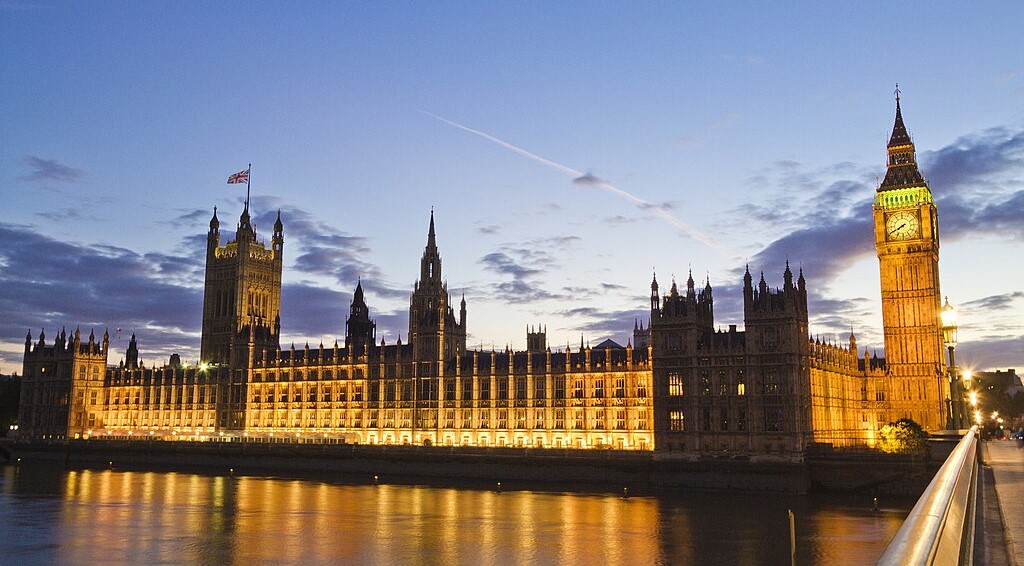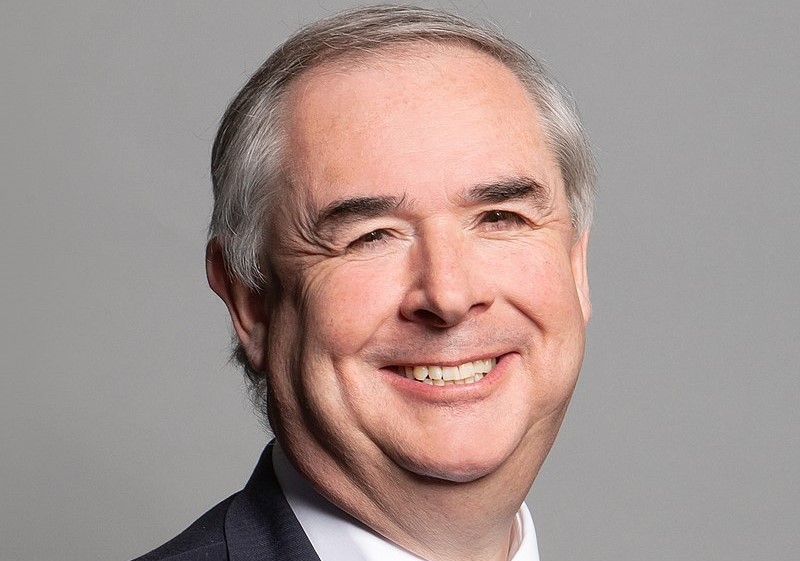
“Nothing will quite prepare you for the scale, intensity and often contradictory, demands that will now be made on your time. The job is unrelenting, the correspondence, especially email, is like a tsunami, and every organisation under the sun will want a slot in your diary.”
This extract from the Hansard Society’s ‘Survival Guide for New MPs’, gives a brief insight into the hectic lives of British politicians.
They are, effectively, expected to be in two places at once. They must be at home serving their constituents – holding surgeries, responding to correspondence, solving problems and attending events. But they also need to be in Westminster – scrutinising and voting on legislation, contributing to debates and participating in select committees or inquiries.
For many MPs, the distance between Parliament and their constituency is hundreds of miles, adding the additional time sink of countless hours commuting – not helped by inevitable delays on the railway.
All this is to say that in theory, a politician barely has time to spend with their family, let alone on extra employment. But plenty of MPs do find the time for secondary employment, earning additional income on top of their basic salary of £91,346 plus expenses.
In theory, a politician barely has time to spend with their family, let alone on extra employment.
The rules around MP’s second jobs are notable largely for their absence. It’s true that members are forbidden from providing paid parliamentary advice and must record all their income in the register of interest. Government ministers are of course entirely banned from extra paid work. Besides these restrictions though, it is something of a Wild West.
There is no limit on the number of jobs a member can take, or the amount of hours they may spend doing that job rather than serving their constituents. Like so much of our unwritten constitution, the system relies largely on good nature and public spirit.
Given that ‘freebiegate‘ has triggered a renewed interest in MP’s finances, it seemed a good time to dig into the data, and see which local MPs are earning on the side from secondary employment. Let’s break it down.

Devon is divided into ten constituencies – five held by the Lib Dems, four by the Tories, and one by Labour. For half, including both Exeter MPs, any additional work is done on a voluntary basis only.
Four of the five remaining MPs still receive supplementary income from council positions they held pre July 4th. This is not necessarily uncommon, but given workload and travel time (a 3-5 journey from Devon to London), many councillors resign their positions after being elected to Parliament. Those who decide to hold on to their council seats (and the additional income) are still only offering their services in the public sector, but often face criticisms that they cannot devote proper attention to either role while holding both.
Rachel Gilmour (Tiverton and Minehead, Lib Dem), continues to receive £500 per month for her role on Mid Devon District Council; Rebecca Smith (South West Devon, Tory) earns £997 per month from Plymouth City Council. Neither hold any additional roles.
Ian Roome (North Devon, Lib Dem) and Martin Wrigley (Newton Abbott, Lib Dem) both continue to work for District and County Councils, netting respective totals of £2156 and £3162 per month. In addition, Roome works with Devon&Somerset Fire Authority and Wrigley with a telecoms regulator, meaning that both men have three additional jobs on top of being an MP.
But one member is in a league of his own in terms of earnings, and that’s former Attorney General Sir Geoffrey Cox (Torridge and Tavistock, Tory).
So far this year, the former barrister has registered over £500,000 from his role as a legal advisor, typically billed at £1000 or more per hour. In 2021, The Guardian reported that he had earned over £6 million since entering Parliament, had skipped votes on days when he was doing paid legal work and was seemingly carrying out legal business from his parliamentary office – something that is against the rules.

Just recently, Sir Geoffrey missed the vote on the winter fuel cuts while offering legal advice in Mauritius. Following this, the Lib Dem’s Cabinet Office spokesperson Sarah Olney said, “Just when you thought Conservative MPs couldn’t look more out of touch with the British public, we see more of the Tory sleaze and scandal we’ve become all too familiar with. Millions of vulnerable pensioners across the country are worried sick choosing between heating and eating this winter as their fuel allowance is slashed, and Tory MP Geoffrey Cox didn’t even bother to vote. The British public deserve better.”
“Millions of vulnerable pensioners across the country are worried sick choosing between heating and eating this winter as their fuel allowance is slashed, and Tory MP Geoffrey Cox didn’t even bother to vote. The British public deserve better.”
Sarah Olney
A spokesperson for Sir Geoffrey replied that the whips had been informed beforehand, and that “this cheap and silly attack shows the Lib Dems are no longer a serious party.”
Cox has previously said, “it is up to the electors of Torridge and West Devon whether or not they vote for someone who is a senior and distinguished professional in his field and who still practises that profession.”
According to Hansard, Sir Geoffrey has made just 15 spoken contributions to Parliament since September 2021, an average of once every two and a half months. For comparison, Ben Bradshaw – MP for Exeter until the election, equalled that tally between February and May this year.
The new Labour government is planning an imminent crackdown on second jobs. According to The Times, ‘up to a dozen Tory MPs’ are considering resigning before the next election if the legislation is passed. It’s safe to assume that particular vote won’t be one that gets skipped.
All five MPs were approached for comment, but none were received.


